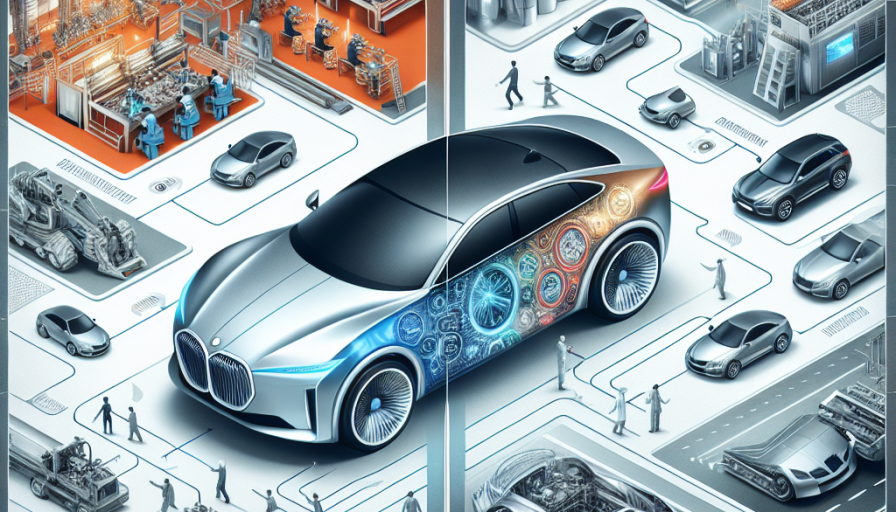
Aluminium has emerged as a game-changer in the automotive industry, revolutionizing the way vehicles are designed and manufactured. With its lightweight yet incredibly strong properties, aluminium is shaping the future of automotive design and manufacturing.
One of the key benefits of aluminium is its weight reduction capabilities. Compared to traditional materials such as steel, aluminium is significantly lighter, allowing for improved fuel efficiency and reduced emissions. This weight reduction also translates into better performance and handling, making vehicles more agile and responsive on the road.
In addition to its weight-saving advantages, aluminium offers superior strength and durability. Its high strength-to-weight ratio makes it an ideal choice for structural components, ensuring the safety and integrity of the vehicle. Whether it's in the form of body panels, chassis, or suspension parts, aluminium can withstand the rigors of daily use while providing exceptional performance.
Moreover, aluminium's versatility enables designers to push the boundaries of automotive aesthetics. Its malleability allows for complex shapes and intricate designs, giving vehicles a sleek and modern look. From futuristic curves to bold lines, aluminium enables designers to create visually striking vehicles that stand out on the road.
Furthermore, aluminium is highly corrosion-resistant, making it an excellent choice for automotive applications. Unlike steel, aluminium does not rust, ensuring the longevity and durability of the vehicle. This corrosion resistance also reduces the need for frequent maintenance and repairs, saving both time and money for vehicle owners.
Another significant advantage of aluminium is its recyclability. Unlike many other materials, aluminium is infinitely recyclable without losing its properties. This not only reduces the environmental impact of automotive production but also ensures a sustainable supply of raw materials. With an increasing focus on sustainability, aluminium's recyclability makes it a preferred choice for automakers worldwide.
The integration of aluminium in automotive manufacturing processes has also led to advancements in production techniques. From stamping and extrusion to welding and bonding, various manufacturing methods have been developed to accommodate aluminium's unique properties. These advancements have not only improved efficiency but also reduced costs, making aluminium a more viable option for mass production.
As the automotive industry continues to evolve, aluminium is expected to play an even more significant role in shaping the future. With ongoing research and development, new alloys and technologies are being discovered, further enhancing aluminium's properties and expanding its applications. From electric vehicles to autonomous driving systems, aluminium is poised to meet the demands of the future automotive landscape.
In conclusion, aluminium's lightweight, strength, durability, versatility, and recyclability make it an ideal material for the automotive industry. With its ability to reduce weight, improve performance, enhance aesthetics, and increase sustainability, aluminium is indeed shaping the future of automotive design and manufacturing. As automakers embrace the potential of aluminium, we can expect to see more innovative and efficient vehicles on the road, driving us towards a greener and more sustainable future.…